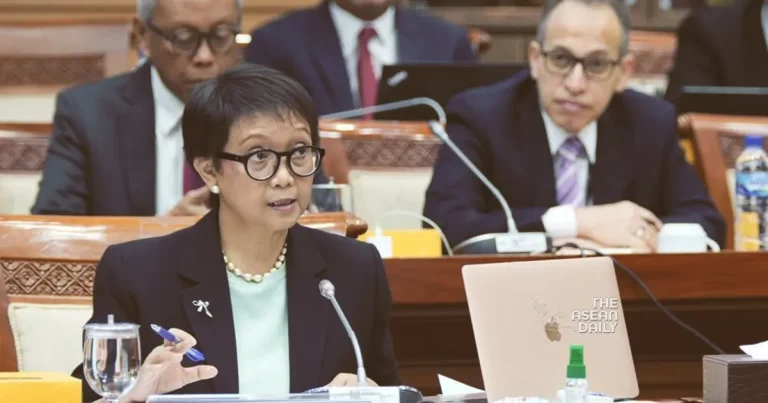31-8-2023 (JAKARTA) Indonesian Foreign Affairs Minister Retno Marsudi has urged Japan to ensure transparency in the release of treated radioactive water from the Fukushima Daiichi nuclear power plant into the Pacific Ocean. She emphasized the importance of continuous monitoring in this process.
During a working meeting with the House of Representatives in Jakarta, Marsudi stressed two key aspects of the Fukushima power plant issue: transparency in the water-dumping process and the need for ongoing monitoring. She called on the Japanese government to collaborate with the International Atomic Energy Agency (IAEA) to address the radioactive water matter.
Marsudi highlighted the significance of coordination with the IAEA, stating that Indonesia emphasizes transparency and coordinated monitoring.
Earlier, on August 27, the IAEA independently collected a sample of the released water and committed to monitoring Japan’s initiative to release water from the damaged Fukushima plant into the open sea.
Director General of the IAEA, Rafael Grossi, confirmed that the tritium levels in the discharged filtered water remained well below operational limits based on the latest sampling activity at the power plant.
Japan began the process of releasing nuclear-contaminated water from the Fukushima Daiichi power plant into the Pacific Ocean on August 24. This operation is expected to extend over three decades or more. Tokyo Electric Power Company (TEPCO), the power plant’s operator, is conducting the release to prevent overloading the tanks containing the water by 2024.
The decision to release this water has sparked protests from both domestic and foreign entities, particularly from nations perceiving the water as a security threat.




